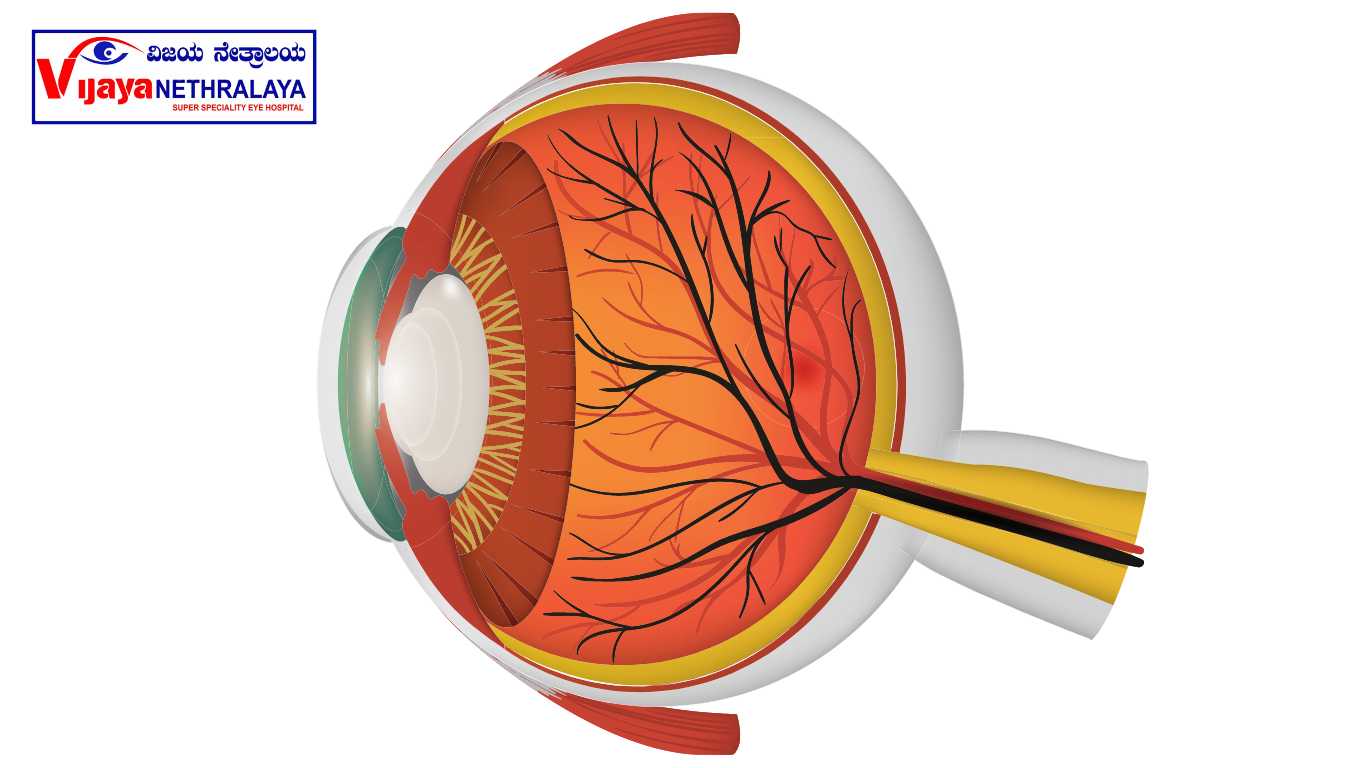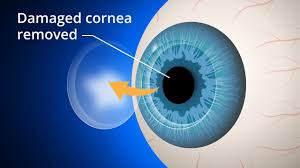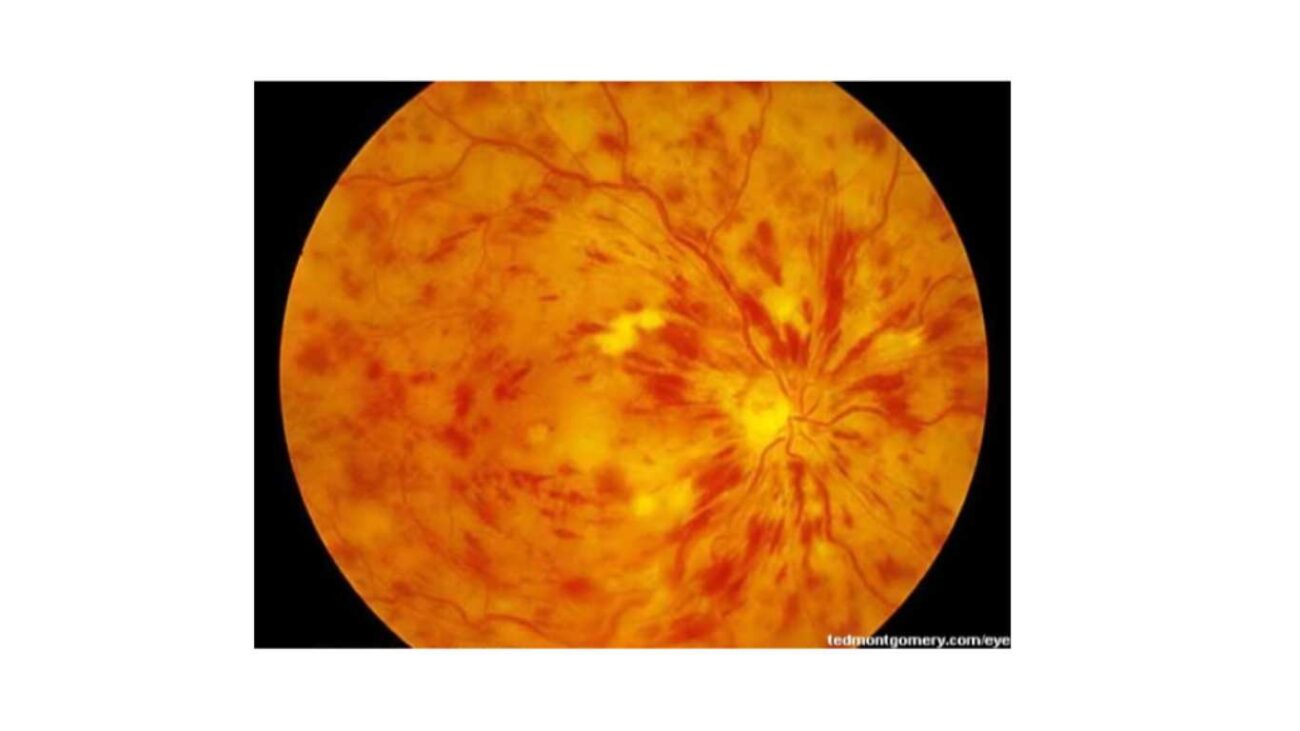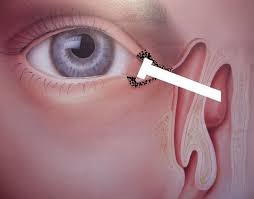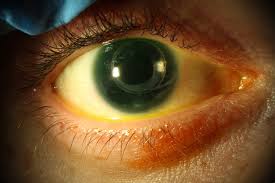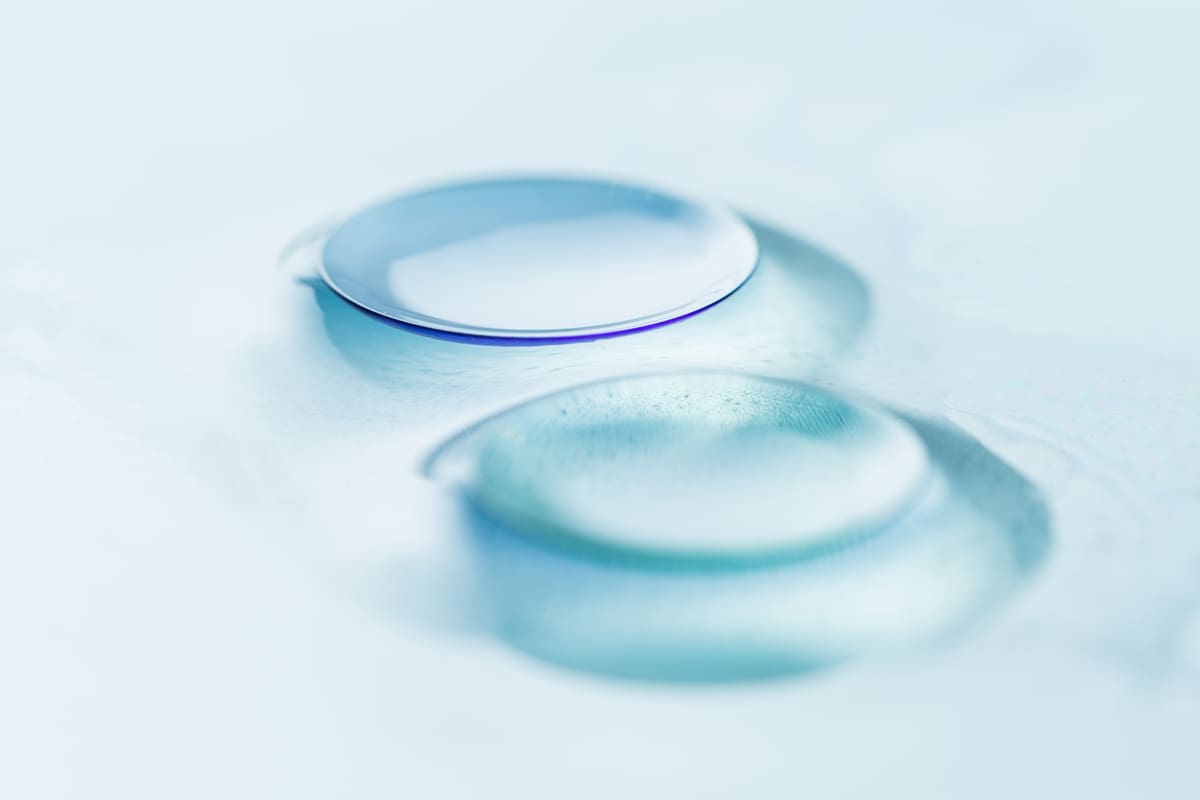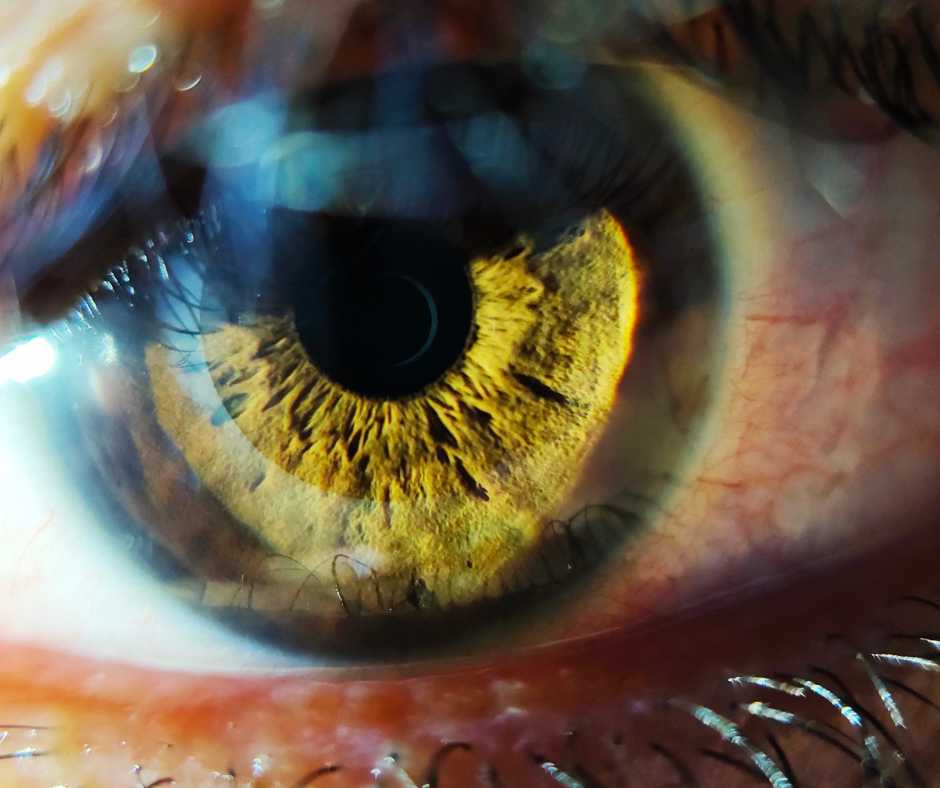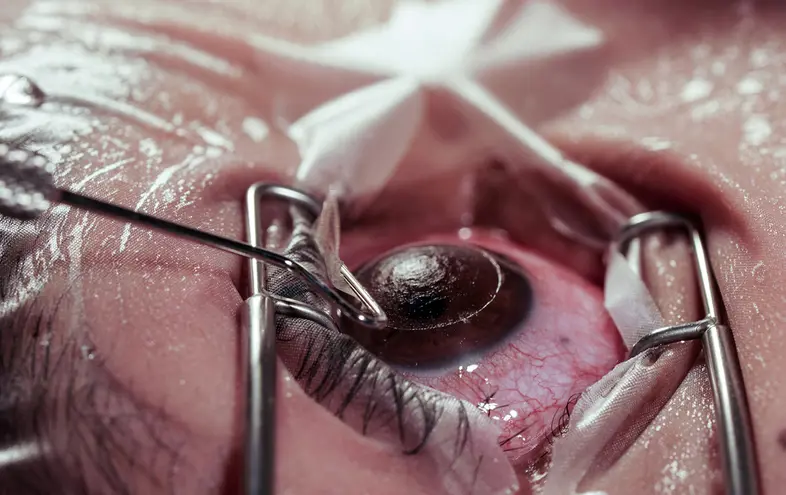Introduction:
The human eye is a marvel of nature, allowing us to perceive the world around us in all its vividness and beauty. However, there are instances when the delicate structures within the eye, such as the retina, can become damaged or diseased, leading to vision impairment or even blindness. In recent years, ophthalmology has made significant advancements, particularly in the area of retina treatment by laser. This groundbreaking technique has revolutionized the way we approach the restoration of vision and holds immense promise for those suffering from retinal disorders. In this comprehensive guide, we will delve into the intricacies of retina treatment by laser, exploring its benefits, procedures, risks, and potential outcomes.
Retina Treatment by Laser: Shedding Light on a Revolutionary Procedure:
The retina, a thin layer of tissue lining the back of the eye, plays a critical role in vision. It captures light and converts it into electrical signals that it then transmits to the brain via the optic nerve. However,various conditions, such as age-related macular degeneration (AMD), diabetic retinopathy, and retinal tears or detachments, can compromise the integrity of the retina and impair vision. Traditional treatment approaches, such as medications or surgical interventions, have their limitations. That’s where retina treatment by laser comes in.
Understanding the Basics: How Does Retina Treatment by Laser Work?
The targeted cells absorb the laser energy, which causes them to coagulate and form scar tissue. This scar tissue plays a crucial role in stabilizing the retina and preventing further damage.
- Minimally Invasive: Retina treatment by laser is a minimally invasive procedure that avoids the need for traditional surgical interventions. This means shorter recovery times, reduced risk of complications, and improved patient comfort.
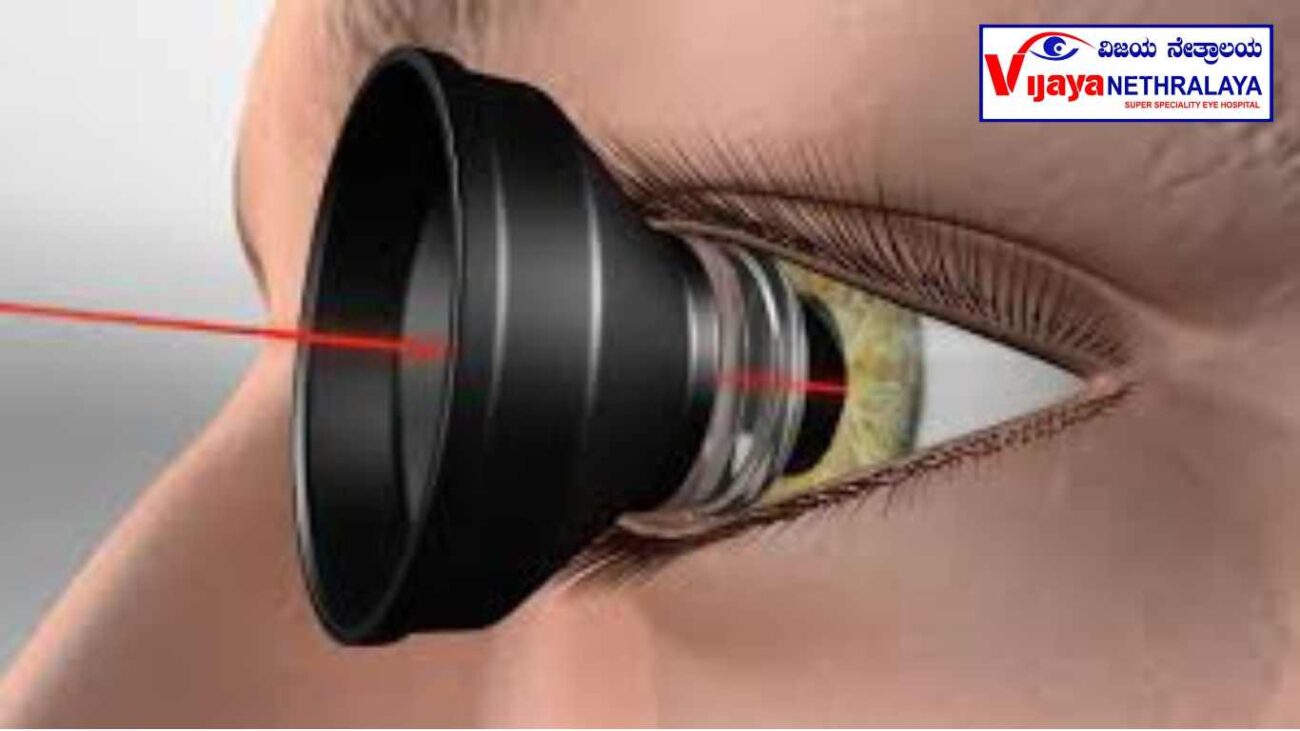
- Precision targeting is a key feature of retina treatment by laser. The laser beams can be precisely focused on the damaged areas of the retina, ensuring highly accurate treatment while minimizing any impact on the surrounding healthy tissue. This level of precision enables ophthalmologists to effectively address the specific retinal issues without causing unnecessary harm to the adjacent areas.
- Preservation of Vision: By halting the progression of retinal diseases and repairing damage, retina treatment by laser can preserve and potentially improve a patient’s vision, enhancing their quality of life.
- Retina treatment by laser is often performed on an outpatient basis, which means that patients can undergo the procedure without the need for a hospital stay. This convenient approach allows individuals to receive the necessary treatment and return to their daily activities in a shorter timeframe. Being an outpatient procedure not only saves time but also eliminates the potential inconveniences and costs associated with hospitalization. Patients can experience the benefits of retina treatment by laser while maintaining their regular routines and minimizing disruptions to their daily lives.
The Procedure: What to Expect During Retina Treatment by Laser
Before the procedure, the ophthalmologist will conduct a thorough examination of the eye to determine the extent of retinal damage and assess the suitability of laser treatment. This may involve various tests, including optical coherence tomography (OCT) and fluorescein angiography. Once the patient is deemed a suitable candidate for retina treatment by laser, the following steps are typically involved:
- During the preparation phase of retina treatment by laser, the ophthalmologist administers local anesthesia to numb the eye. This step is crucial to ensure the patient’s comfort and alleviate any potential discomfort or pain during the procedure. By numbing the eye with anesthesia, patients can undergo the treatment with ease and minimal discomfort, allowing for a smoother and more pleasant experience overall. The ophthalmologist will carefully administer the anesthesia to ensure the patient’s comfort throughout the procedure.
- Laser Application: The ophthalmologist uses a specialized laser device to deliver precise bursts of laser energy to the damaged areas of the retina. The patient may experience brief flashes of light or a sensation of warmth during this process.
- Post-procedure care is crucial for optimal recovery after retina treatment by laser. Follow instructions, use prescribed medications, and attend scheduled follow-up appointments to promote healing, minimize discomfort, and ensure the best outcome.
Risks and Considerations: Is Retina Treatment by Laser Right for You?
Temporary Side Effects: Following the procedure, it is common to experience mild discomfort, redness, or sensitivity to light. These symptoms typically subside within a few days.
- Visual Changes: In some cases, laser treatment may result in temporary or permanent changes in vision, such as blurred vision or altered color perception. However, these effects are usually minor and do not significantly impact daily activities.
- Limited Scope: Retina treatment by laser is not suitable for all retinal conditions.
- Depending on the severity of the condition, it may be necessary to undergo multiple laser sessions to achieve the desired outcomes in retina treatment. The number of sessions required will be discussed with you during your consultation with the ophthalmologist. This approach allows for a tailored treatment plan that addresses the specific needs of your condition and ensures that the treatment is effectively delivered over a series of sessions.
Author details: Dr. Sherina Thomas ( MD, MRCS Edin, FVRS )
Dr. Sherina Thomas is a renowned ophthalmologist specializing in medical retinal diseases. With expertise in conditions like Diabetic Retinopathy and Age-related Macular Degeneration, she is dedicated to restoring and preserving vision. Trained in both medical retina and Vitreo Retinal surgery, Dr. Thomas excels in managing complex cases, including retinal detachments and macular disorders. With advanced diagnostic skills and qualifications like MRCS Edin and FVRS, she delivers comprehensive care to her patients. Dr. Thomas’s research contributions and commitment to excellence have established her as a respected authority in the field.

Conclusion:
Retina treatment by laser represents a remarkable advancement in the field of ophthalmology, offering new hope to individuals suffering from retinal disorders. By utilizing precise laser technology, this procedure has the potential to stabilize, restore, or even improve vision, enhancing the quality of life for countless patients. Additionally, understanding the potential risks and considering alternative treatment options can help you make an informed choice about your eye health.If you or a loved one is experiencing retinal issues, it is crucial to seek timely medical attention .
Frequently Asked Questions (FAQs):
1. Can retina treatment by laser restore vision completely?
While retina treatment by laser can help stabilize or improve vision in many cases, the extent of visual restoration depends on various factors, including the underlying condition, the severity of the damage, and the individual’s response to treatment.
2. How long does the recovery process take after retina treatment by laser?
The recovery time can vary depending on the individual and the specific nature of the treatment. In general, most patients can resume their normal activities within a day or two following the procedure.
3. Are there any alternative treatments for retinal conditions?
Yes, depending on the specific retinal condition, there may be alternative treatment options available. These can include medications, injections, vitrectomy (surgical removal of the vitreous gel), or the use of innovative therapies such as gene therapy or stem cell transplantation.

